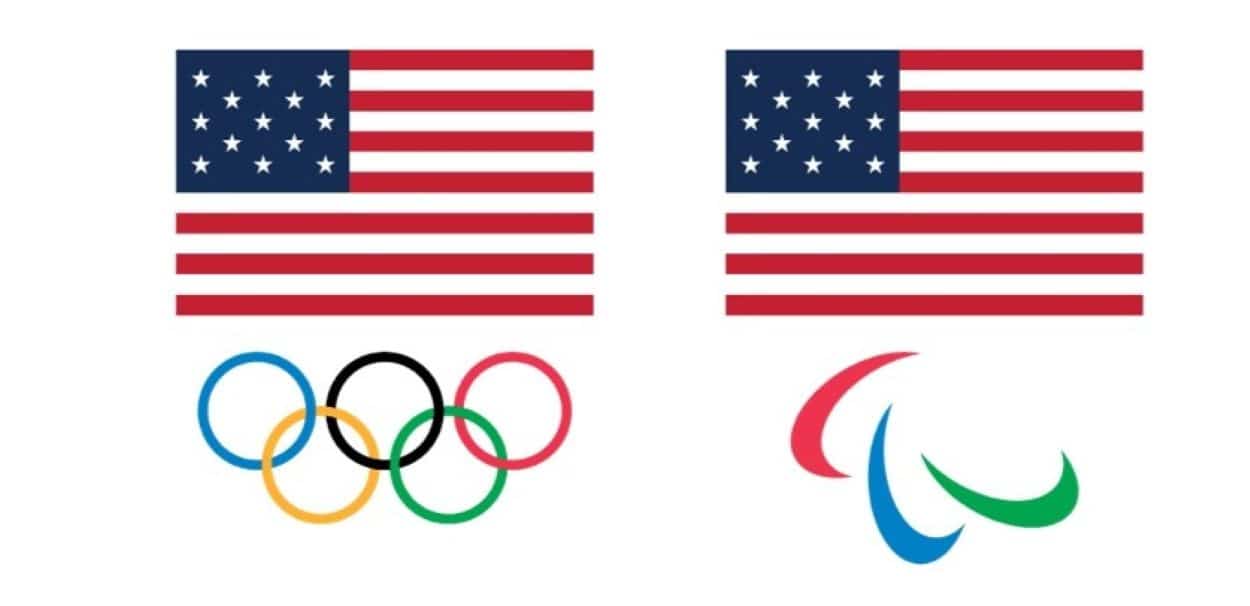The United States Olympic & Paralympic Committee (USOPC) announced a policy update that prohibits transgender women from competing in women’s sports, aligning with President Donald Trump’s Executive Order, signed in February 2025, which aims to exclude transgender girls and women from female sports based on fairness concerns.
Critics argue that this policy violates the rights of transgender individuals. The USOPC stated that this policy is in compliance with federal expectations, and it will affect the upcoming 2028 Los Angeles Olympics.
Stakeholders, such as the IOC, IPC, and NGBs, are committed to ensuring a fair and safe competition environment in accordance with Executive Order 14201 and the Ted Stevens Olympic & Amateur Sports Act. This policy aligns with Trump’s directive to uphold Title IX interpretations that prohibit transgender females from participating in women’s sports, which also includes visa denial for international athletes.
USOPC updates policy to comply with Trump executive order barring transgender women from competing in female sports categorieshttps://t.co/8V5rArI7WG
— Daily Sabah (@DailySabah) July 23, 2025Trump’s Executive Order and Its Scope
Signed in February 2025, the Keeping Men Out of Women’s Sports order directs the Department of Justice to enforce bans across government agencies. It also pressures the IOC to revise its inclusive policies for trans athletes, which focus on preventing unfair advantages. Trump declared: “Transgender athletes will not compete in the 2028 Los Angeles Olympics.”
Amid pressure from President Trump to ban transgender athletes, the U.S. Olympic & Paralympic Committee updated its policies to allow transgender athletes to be barred without using the word “transgender,” leaving the organization’s intentions vague. https://t.co/IEvScL1eKA
— The Washington Post (@washingtonpost) July 23, 2025The policy affects a small number of athletes—fewer than 10 among 530,000 NCAA competitors, per testimony to a Senate panel. Supporters, including Trump, argue it restores fairness. Critics, including rights groups, claim it discriminates against a minority, infringing on personal freedoms.
USOPC President Gene Sykes and CEO Sarah Hirshland noted in a memo: “As a federally chartered organisation, we have an obligation to comply with federal expectations.” The USOPC did not respond to further comment requests.
The order has sparked debates on balancing fairness and inclusion in sports. With the IOC’s guidelines under pressure, global policies may shift. The ban could set a precedent for other nations or events, such as the 2036 Olympics.






